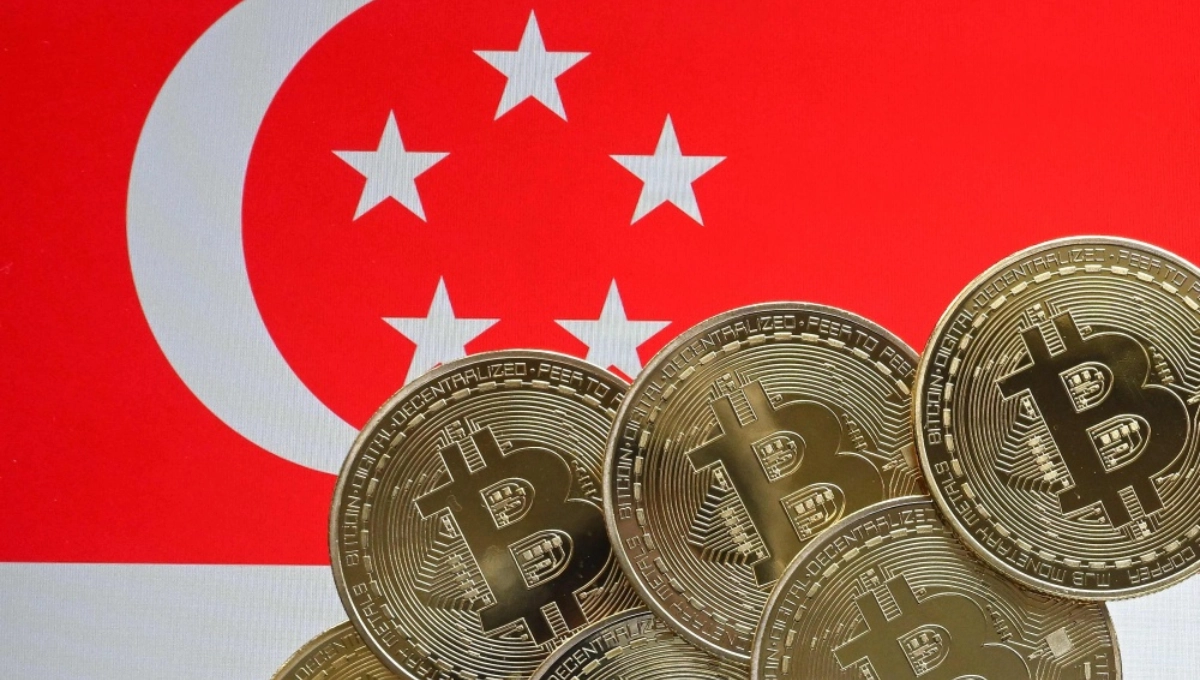Singapore and Thailand have recently joined a global investigation into a massive cryptocurrency fraud case involving a Cambodian real estate tycoon, Chen Zhu, whose alleged fraudulent activities are estimated to have reached RM63 billion (approximately US$15 billion). This investigation follows major actions taken by the United States and the United Kingdom, which imposed sanctions on Chen and seized significant assets linked to him and his conglomerate, Prince Holding Group.
The US Justice Department charged Chen Zhu with orchestrating an elaborate cyber fraud operation that exploited forced labor at scam centers in Cambodia. The fraudulent schemes, often described as “pig butchering” scams, involved gradually gaining victims’ trust before stealing billions from investors worldwide. The indictment reveals that forced labor was used in cyber scam centers, where victims were coerced to participate in fraudulent investment operations. This criminal network is described by US officials as one of Asia’s largest transnational criminal organizations, with extensive assets including yachts, private jets, and art pieces like a Picasso painting.
Singapore authorities have confirmed they are actively investigating the matter and maintaining communication with international counterparts. Singapore police stated that they are “looking into the case” involving the Prince Holding Group and Chen Zhu and collaborating closely with other countries’ law enforcement agencies. In Thailand, officials from the Cyber Crime Investigation Bureau, led by Commissioner Surapol Prembutr, are coordinating with US authorities to review asset seizures and legal aspects related to the case. Thailand aims to determine if any confiscated assets are connected to criminal activities within its jurisdiction. If so, the government intends to seek the return and confiscation of such assets through diplomatic means and international legal frameworks.
The UK government has also frozen 19 properties tied to Chen Zhu, including a £100 million London office building and a £12 million mansion in northwest London, as part of efforts to dismantle his financial empire. Meanwhile, the US has seized a large quantity of bitcoin, worth nearly $15 billion, marking one of the largest forfeiture actions in the department’s history.
The significance of this case extends beyond financial fraud; it highlights the intersection of cybercrime and human trafficking, as victims were held against their will to facilitate these operations. US Attorney General Pamela Bondi and Deputy Attorney General Todd Blanche emphasized that dismantling this empire sends a strong message against the exploitation of vulnerable people for profit.
Regional analysts note that Southeast Asia has experienced a surge in cyber scam operations, primarily run by Chinese criminal organizations. The crackdown by the US, UK, Singapore, and Thailand is seen as an important coordinated step to combat the increasing scam economy in this part of the world ahead of the upcoming ASEAN summit in Kuala Lumpur.
Prince Bank, a Cambodian entity linked to the conglomerate, issued a statement assuring the public that the US Treasury’s sanctions and actions will not affect its operations. The bank vowed to continue managing customer relationships with transparency and diligence.
Experts warn, however, that while these enforcement actions are significant, the criminal networks involved have shown resilience and adaptability. They have previously circumvented regulatory crackdowns by employing satellite internet, solar power, and alternative communication channels to maintain their illegal operations.
In conclusion, the involvement of Singapore and Thailand in this global probe underscores the international dimension of the Cambodian real estate tycoon Chen Zhu’s alleged RM63 billion crypto fraud. The collaborative efforts by multiple countries aim to dismantle a sprawling cyber fraud and human trafficking network, recover stolen assets, and hold accountable those responsible for one of the largest cryptocurrency-related crimes in recent history.


